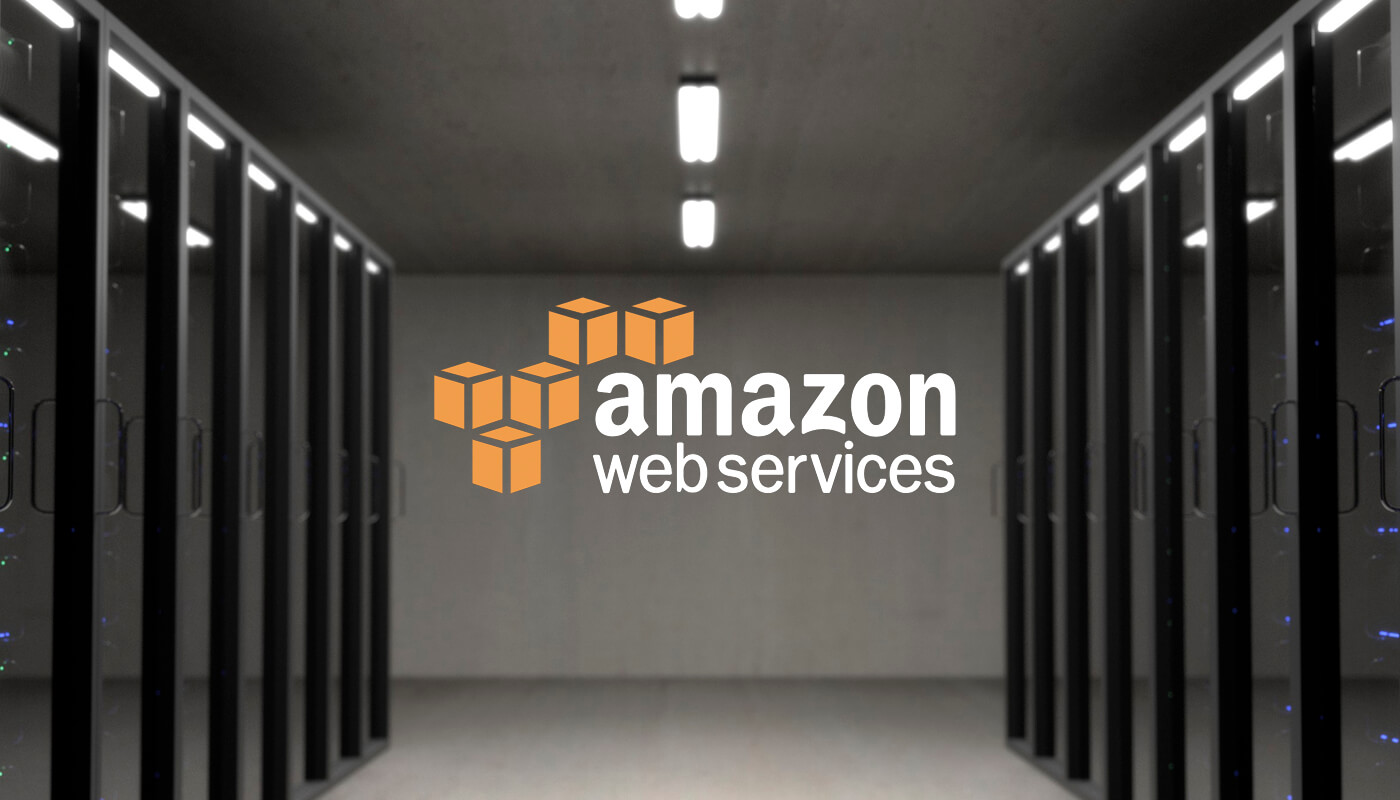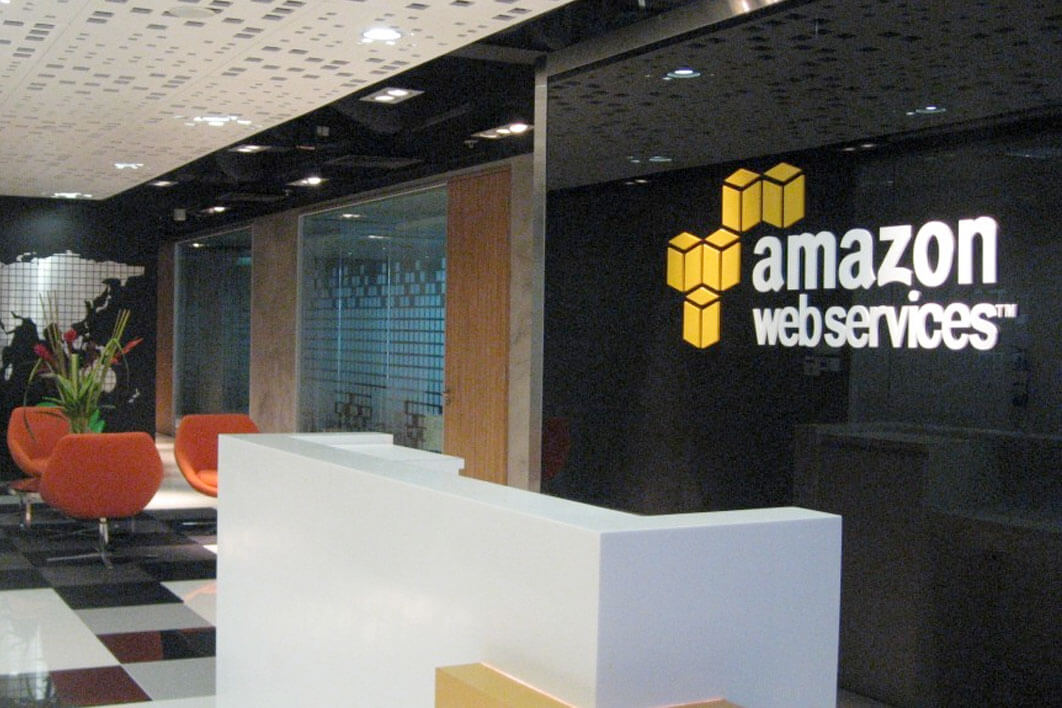Why it matters: As one of the world's largest businesses, Amazon is forcing regular consumers to help cover the electric bills of its many massive data centers. Closed door negotiations are allowing Amazon to get undisclosed discounts on its power consumption.

Amazon is a household name because of Alexa and its gigantic ecommerce platform that makes it easy to order just about anything you could ever want. The convenience of having goods show up at your doorstep within mere hours or just a few days is mighty impressive. However, Amazon Web Services is the larger money-making division that is raking in revenue.
Commonly known as AWS, Amazon's cloud services are responsible for running a very large portion of corporate websites and services. Verizon, Comcast, GoDaddy, SAP, Shutterfly, Major League Baseball, Formula 1, Epic Games, Samsung, and more are just a few of the companies that have partnered with Amazon this year alone for new or additional services.
Supporting the power requirements of astoundingly large data centers is no small feat. AWS is now responsible for nearly two percent of all electrical power consumption in the United States. Under secretive agreements between Amazon and energy providers, the true costs of running such massive data centers are well hidden from the public.

Amazon has been successful in negotiating special electric rates that are unavailable to other customers. While some may argue that it is just a bulk use discount, exemptions from select fees offered by utility companies combined with tax incentives offered by governments pass the costs along to regular everyday people.
In Ohio, Amazon opened three data centers in 2016 that are all operating with secret electric rates. Only five representatives on a public utility commission, a private development agency known as JobsOhio, and Amazon know how much is being paid for a public service. Amazon claims that its discounted rates are a trade secret and therefore must be redacted in any requests for public records.
Worse still, many of Amazon's data centers only bring in around 50 jobs. Residents living in close proximity to Amazon's data centers are effectively seeing increased bills to offset the discounts being given to Amazon. This practice is completely legal despite the total lack of transparency provided.